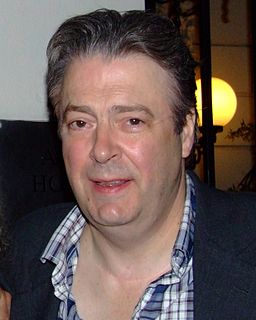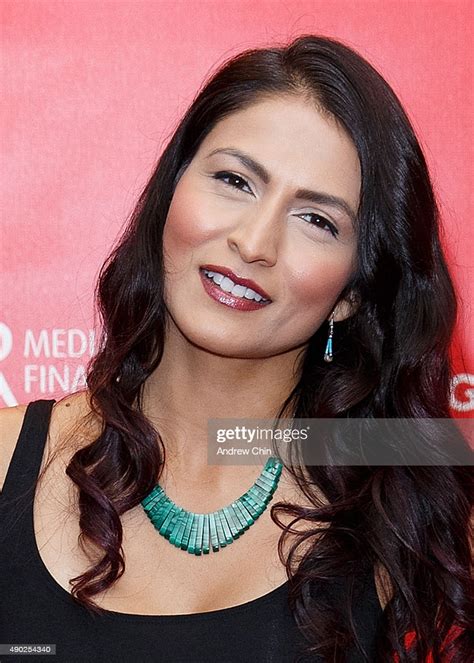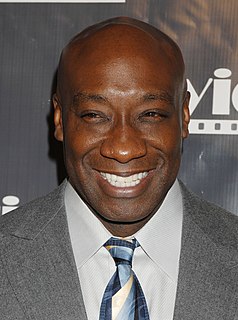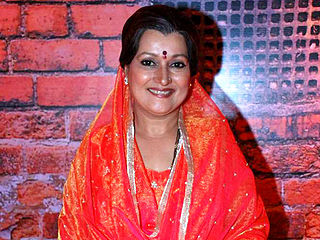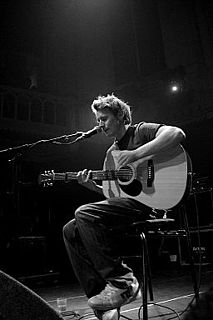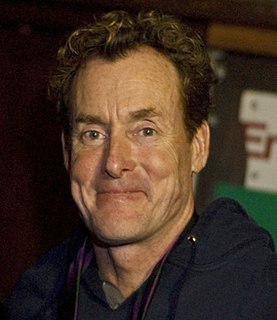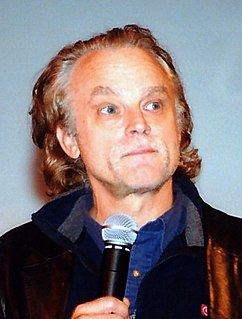A Quote by Roger Allam
Be ambitious. The great actor, director and playwright Ann Jellicoe commissioned writers like Howard Barker and David Edgar, and put on magnificent, large-scale plays in Dorset that involved the whole community.
Related Quotes
Yes, there was a massive difference between their styles. David is a very technical director and Chris is an actor's director, in the sense of emotion. With David, he's done horror films, so Eclipse is much darker, whereas I found New Moon really light and poetic. I didn't have as much interaction with David because the casting process was already done.
When I was in the writers' room, all these writers were like, "Ugh, another star that they gave a writing-producing credit to." But then within like an hour, they were like, "You're really a writer." "Yeah, I really am. I'm a writer, and a director, and a producer, and an actor, and a painter, and I do all that stuff in the Lush Life." It was great.
I never understood how one could write a whole book: It is so technically challenging, and it's incredible the way writers put entire worlds inside of them on such a large scale. I tend to have that same feeling when I listen to music - it daunts me and makes me feel quite unsettled listening to so much talent and ambition.
I learn a lot as a director from acting in other people's films and just in general. I want to try and be as involved in the art of filmmaking as possible. I feel that the only way to really do that is to take on as many roles as possible, whether it be as an actor, an editor, a director, a cinematographer. Basically, I like to help and be involved, so anything anybody asks me to do, my first reaction is to say "Yes."
